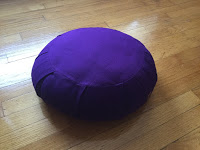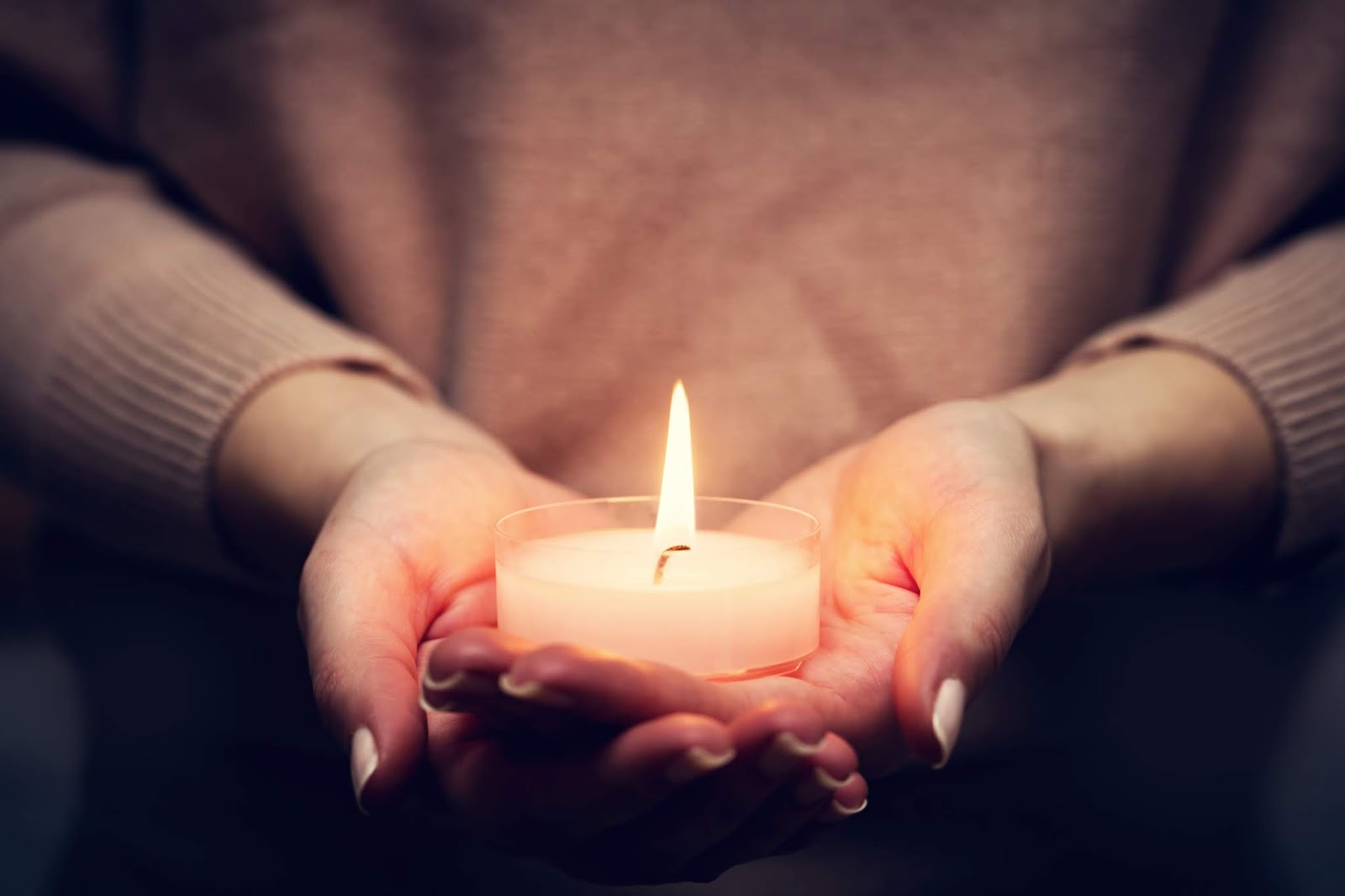The phrase “spiritual but not religious” isn’t new. It’s been around for decades and when I first encountered it, I considered myself spiritual but not religious. It was the late 1990’s and I was part of Unity in Chicago. The Unity Church was co-founded by Charles Fillmore in the late 1800’s and they believe in the power of meditation and prayer, that we all have Spirit within us, as we think so it shall be, etc.
When I joined Unity in Chicago I was ripe to believe all of that and more. The place was full of people who called ourselves spiritual-but-not-religious. But you know what? It felt like a religion. We were a New Thought community, healing from our repressive religious upbringings, but it seemed like we simply replaced “Father” with “Spirit,” “sin” with “not serving my Highest Good,” and the ten commandments with “serving my Highest Good.” Saints became guiding angels or spirits, and Sunday services were still Sunday services. I stayed at Unity in Chicago for several years before I decided that no faith whatsoever was right for me. In 2002 I embraced atheism.
Since then, the social and professional circles I inhabit bring me into contact again and again with people who call themselves spiritual-but-not-religious. I know they mean they aren’t a part of any organized religion, but still believe in a spiritual power. I know them.
But in the past year or so the words spiritual-but-not-religious have started to irk me. Why not just call yourself “spiritual?” Why include the dig at religion? It’s not like you need to contrast your description with anyone who says “I’m spiritual and Christian” or “I’m spiritual and Jewish.”
I suspect many spiritual-but-not-religious people are like me: trying to overcome the emotional damage of a religious childhood. We embrace phrases like spiritual-but-not-religious because they convey not only our commitment to a new way of being, but resistance to the old way. It feels good to say spiritual-but-not-religious because it contains that snub and distances us from the religious garbage we have known.
 |
| This is my zafu. |
And that’s where part of my problem is: people who call themselves spiritual-but-not-religious think they’ve left the ugly parts of organized religion behind when they haven’t. Lots of spiritual-but-not-religious people are just as judgmental, fearful, prejudiced and defensive as any Catholic, Jew, Muslim or non-Catholic Christian. With Buddhist prayer beads, candles, incense or zafus they defend their beliefs and are sure they’re living better lives than the religious.
The other part of my crititicism is that the very phrase itself sounds insecure and defensive. The person who uses it needs to get in that jab at religion and doesn’t realize that the phrase undercuts her stance. Spiritual-but-not-religious invokes the very thing the person wants to distance herself from. Why mention religion at all?
When you are truly free from religion, you no longer need to invoke it.
What grates on me is the lack of self-awareness among a population that sees itself as extremely self-aware. They think that phrase conveys that they’re free from religion when they’re actually dragging it around with them. When you’re truly free from religion, you no longer need to mention it.
I suspect the phrase is more angry American behavior. Saying, “I’m spiritual-but-not-religious” has the same resonance as “I love steak; I don’t understand vegans,” or “I’m a Democrat; I’ve never voted Republican.” Such judgmental statements reveal how much energy the person spends disdaining those who hold the other opinion. We Americans simply aren’t very good at spirituality: we try to be spiritual, but only manage spiritual-but-not-religious.
Who am I to criticize the spiritual-but-not-religious? My exasperation with them probably comes from how I used to be one of them. Don’t we always judge more harshly those with whom we identify? As ex-smokers hate smoke and former sugar addicts glare at dessert-eaters, thus do I continue the tradition of judging those with whom I used to consort. I never said I wasn’t a hypocrit, too.
Share this post:
on Facebook
on Google+

